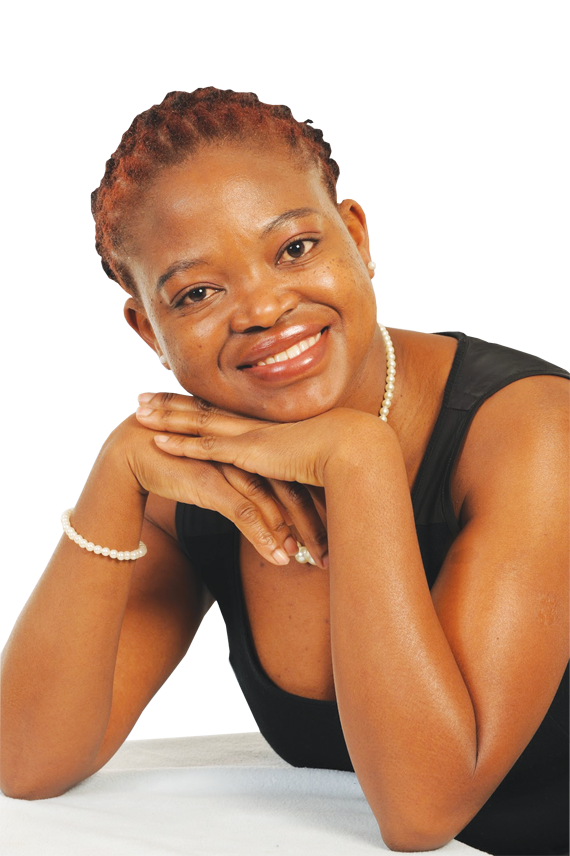
I was listening to a programme on radio where a DJ intimated that he had a 26-year-old Tswana woman who spoke no African language.
She only spoke English.
I get disturbed by such assertions. Then again I might be one of the very few who does. For most people it now appears that speaking an African language is something to be shunned and frowned upon.
It is seen as being regressive. Many parents are raising children and only converse with them in English. I have often heard parents actually boast that their child only understands English.
It saddens me when I see grandparents struggle to converse with a child who can only converse in English.
I once took a mother to task about her children’s inability to speak an African language. She shouted back and said in this world they had no need to know Shona or Ndebele or any other African language for that matter.
For a lot of black people there is a mistaken belief that speaking English shows sophistication and progress in life. By doing so there are a step closer to fulfilling their aspirations of being “White”.
If anything, if they are European their children will be able to speak Italian, Portuguese or French. They take pride in those languages.
- Chamisa under fire over US$120K donation
- Mavhunga puts DeMbare into Chibuku quarterfinals
- Pension funds bet on Cabora Bassa oilfields
- Councils defy govt fire tender directive
Keep Reading
Then the other excuse I often hear bandied about that children would get confused if they are taught too many languages, so English always emerges as the better choice.
It has been proven that if children are exposed to a language at an early age they will learn it well. Young children are naturally wired to learn languages in the early years of their lives unlike older children and adults who have to learn a language by consciously studying it.
Until the age of 11 children can acquire a new language easily. As long as languages remain spoken in the home children will not lose the ability to be multilingual. In South Africa, there are eleven official languages, nine of which are indigenous languages.
Most people are multilingual and will speak at least two languages switching between Zulu and Sotho for instance.
Whenever I am in Lesotho I am amazed at the pride Basotho take in their language and their customs. Look, I am not saying children should not be taught English.
There is value in learning English and speaking it well because it is an official language spoken in the majority of countries.
However, let us not diminish the importance of our own African languages in deference to English. We praise someone who can speak English eloquently and we laugh and ridicule when someone mispronounces English words, yet in all honesty we should be more sympathetic as English is not a first language for most.
Why don’t we go a step further and applaud those who speak African languages well. Let us not minimise the importance of our African languages.
Beyond being a medium of communication languages encapsulate our culture and our identity as Africans. This is how we are able to distinguish ourselves from the rest.
If we cannot converse in our own indigenous languages how do we then carry the culture from one generation to the next?
You could be living in Europe or Asia, but even in the confines of your own home you could still converse in an African language.
When children leave the home they can speak in English or whatever other language medium is used in that country.
The fact that we regard our own African languages with disdain is a clear indication that despite being politically emancipated, we still remain oppressed. This also permeates to the other aspects of our lives. Look at the names we give our children.
More sadly are those children who have been bestowed with African names, but fail to pronounce them. Now when there is talk of introducing more African languages into the curriculum the greatest opposition comes from black parents.
It should not matter that we have made advances in science and technology. The fact remains that we should still take pride in our languages.
The United Nations has even set aside February 21 as International Mother Language Day so as to conscientise people about their mother languages.
Until we start to take pride in our languages don’t expect anyone else to do so. Let us learn to value ourselves, our languages and our cultural identity.
Sue Nyathi is the author of the novel The Polygamist. You can follow her on Twitter @SueNyathi










